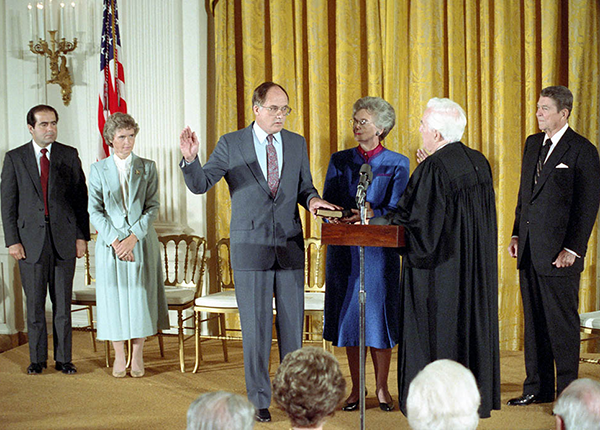Summary
United States v. Lopez reaffirmed certain limits on congressional power. There, Alphonso Lopez was arrested for carrying a concealed weapon into his high school. He was charged under the Gun-Free School Zones Act of 1990, a congressional law that banned people from bringing guns into school zones. Lopez challenged his conviction, arguing that the law exceeded Congress’s power under the Commerce Clause. In a five-to-four decision, the Supreme Court agreed with Lopez and struck down the law. This was the first time that the Court struck down a law passed under Congress’s commerce power since the New Deal Revolution of 1937. In the end, the Court used Lopez to push back against some of the broadest assertions of congressional power under the Commerce Clause—reaffirming that the Constitution creates a national government with limited powers.






